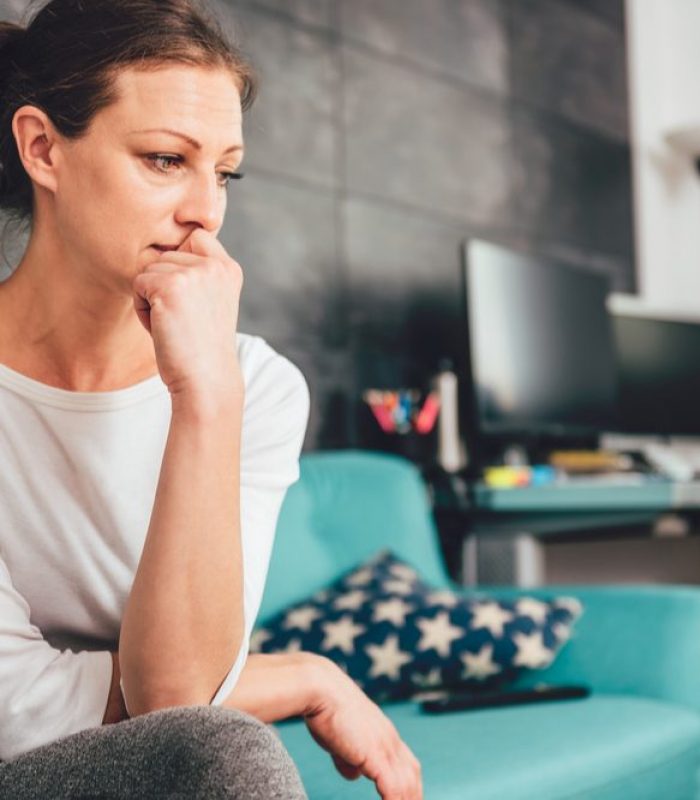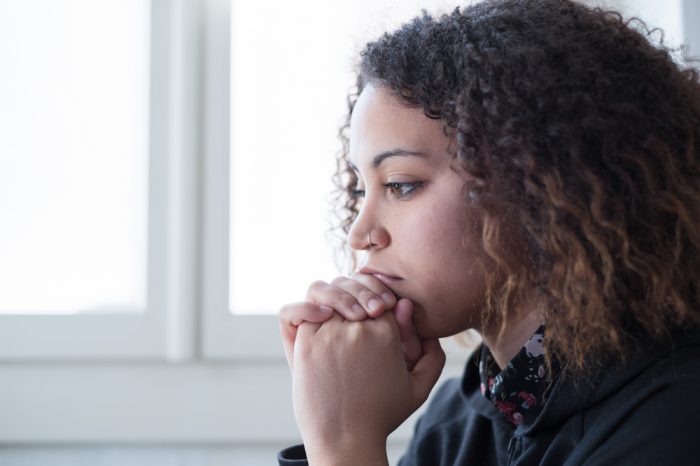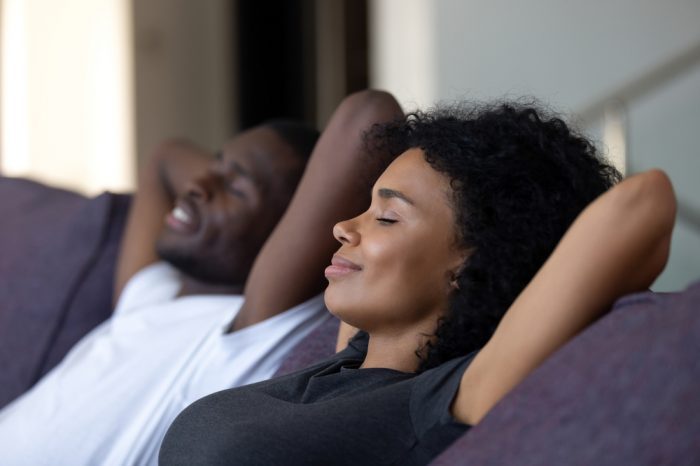Stoned therapy is becoming increasingly popular as a path to ease feelings and trauma.
Much like cannabis, mental healthcare is losing its stigma in the U.S. Independently, those are both good things, but are these better together? In other words, could patients benefit from ‘stoned therapy’?
A psychiatrist’s primary concern is to help patients deal with mental or behavioral roadblocks that keep them from living their best life. And while cannabis can help patients manage many of those problems, such as anxiety, depression, post-traumatic stress disorder, and more, medicine alone is often not enough. Holistic mental healthcare involves both therapy and medication. So, with that in mind, could going into talk therapy while under the effects of cannabis be a worthwhile endeavor? Or would it hinder success?
Stoned Therapy: A Set Precedent
Consuming cannabis before a therapy session is not the wild idea it might seem. There’s a precedent for taking mind-altering substances in therapy, and the practice is gaining popularity.
Increasingly, the medical community is accepting psychedelic forms treatment that include ketamine, ayahuasca, and esketamine (derived from ketamine), which has been approved by the FDA to help treat depression.

And while science races to explore the benefits of psychedelic therapy, we’re living in an age where we take a pill for every ailment. It’s unthinkable that any therapist would object to patient swallowing a Xanax before their appointment. Is stoned therapy really that different? What about when it’s just CBD?
Possible Benefits from Less Anxiety Walking in
Cannabis has a number of benefits for troubled minds. Not only is it extremely adept at treating mental health problems like PTSD (one study found a 75 percent reduction in PTSD symptoms among cannabis consumers), it also can produce calm in patients.
A patient with less anxiety during therapy may find more success and feel able to more fully open up. This is especially true for those who have suffered trauma. Because it’s a depressant, cannabis can lower the heart rates of those who struggle to talk about disturbing past incidents without experiencing residual stress.
Stoned therapy may also be a good way for patients to connect with their deepest emotions. For some, cannabis invites a deep kind of self-introspection that can be advantageous in a clinical setting. If taking cannabis makes you feel less reluctant to open up and more open to sharing your deeper feelings, then you can only benefit from taking it prior to a therapy session.
Possible Drawbacks
Despite the optimism of some cannabis consumers, there are potential downsides to stoned therapy. The most obvious drawback might be getting too stoned. Therapy needs functional participants in order to be effective. A patient with a bad case of the giggles is probably not going to make a breakthrough. Dosing cannabis, especially THC, is important when considering stoned therapy. But that’s not the only decision to mull over.
THC causes heightened anxiety in some patients. The last thing anyone needs in therapy is to feel judged.
Moreover, THC is psychoactive, so it’s literally mind altering. While that can be good for some patients with troubled minds, it can also be counter-productive during therapy sessions. If a stoned patient struggles to pay attention or stay on track, the therapy session could be a waste of time and money.

Talk to Your Therapist
A good therapist will tell you that every patient is different, even when their diagnoses are the same. So, deciding whether or not to experiment with stoned therapy is a choice that’s up to each patient. But there are some ground rules that can help patients make the best choice possible.
First, tell your therapist. Psychoanalysis works best when patients are honest and up-front about their mental state. If you decide to try going into therapy while high, let your counselor know. They won’t deny treatment, and many may use the experience as a chance to understand a new side of you.
Even if you’re consuming cannabis illegally, your therapist won’t report you. The American Psychological Association’s Code of Ethics forbids it. Therapists will keep all of your secrets, unless you’re a serious danger to yourself or others — and weed does not fit into that category. Your counselor isn’t there to police your behavior, but to help you.
Stoned Therapy: A Trial and Error Experience
If you try it once, it doesn’t mean you’re stuck with it forever. In fact, it may be a better idea to have a sober session with your mental healthcare provider after a stoned session so that both of you can discuss how the previous session went and what progress you made.
You could also ease into stoned therapy. For example, taking CBD prior to a session could be a valuable way to relax and open up. CBD is legal in all states and is not intoxicating, so you may get a number of benefits that come from full cannabis without the drawbacks.
For some, the post-session is the hardest after all of their feelings and anxieties have been released. In that case, rather than taking a session while medicated, it may be a good idea to bring a vape with you to use when you leave your therapist’s office.
As with anything to do with cannabis, this is a trial and error effort. Test out a couple methods to find what works best. After all, mental health isn’t a straight path – it’s a long, winding road that takes work, experimentation, and a good therapist.






Bolony Botwin
I used to smoke before my therapy sessions and they really helped. I only wish I could have smoked WHILE having my therapy sessions too but I respected that my therapist wasn’t down for that. Now if I could find a therapist to smoke WITH, WHILE having therapy, that would be a winnnn.